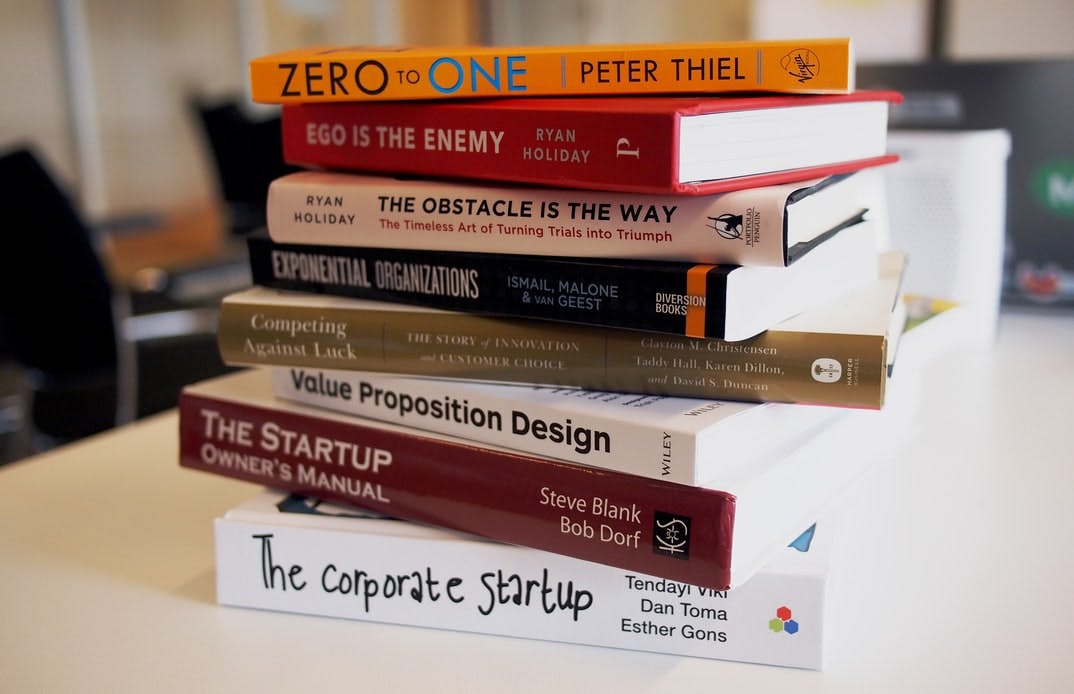When it comes to defining startup success, no milestone seems more desired than achieving unicorn status. In fact, we usually celebrate stats, such as the funding startups raise and their resulting valuations.
Even though they’re often presented as polar opposites, bootstrapping and venture capital are not mutually exclusive.
Being frugal and focusing on building a sustainable business can attract investors and set you on a long-term trajectory to success.
Why Bootstrapping and VC Go Together
If such a company were to raise money, it is safe to assume that investors would be interested.
Building a Revenue-Driven Business
In the absence of VC money, entrepreneurs are forced to focus on generating revenue and building a business driven by customer demand. Non-traditional VC funds, such as
Indie.vc, are advocating for this approach and invest only in revenue-generating companies that are on track to achieve profitability.
If a startup’s only source of capital are its customers, founders need to truly build a product people want and achieve product-market fit faster.
Once there, they can still choose to raise venture capital, but would likely do so on more attractive terms and keep a larger portion of the business than they otherwise would have.
Frugality Breeds Creativity
One of
Amazon’s leadership principles famously states that “frugality breeds resourcefulness, self-sufficiency and invention”. Bootstrapping your business necessitates that you keep your operational costs low, and forces you to find creative solutions to problems.
This can be a powerful signal that tells investors how capital-efficient you are as an entrepreneur, which in turn inspires trust that you will use their money wisely.
Of course, being frugal and building a business without outside capital comes with its own set of challenges, such as little to no salary, especially in the early days.
Bootstrapping can often create the types of businesses that are not only as good fit for VC, but are also more attractive and less risky.
Deciding to postpone fundraising in order to prove your business model before raising money can put founders in a better position to negotiate more favorable terms, maintain a larger level of independence, and last but not least, attract the right investors.


